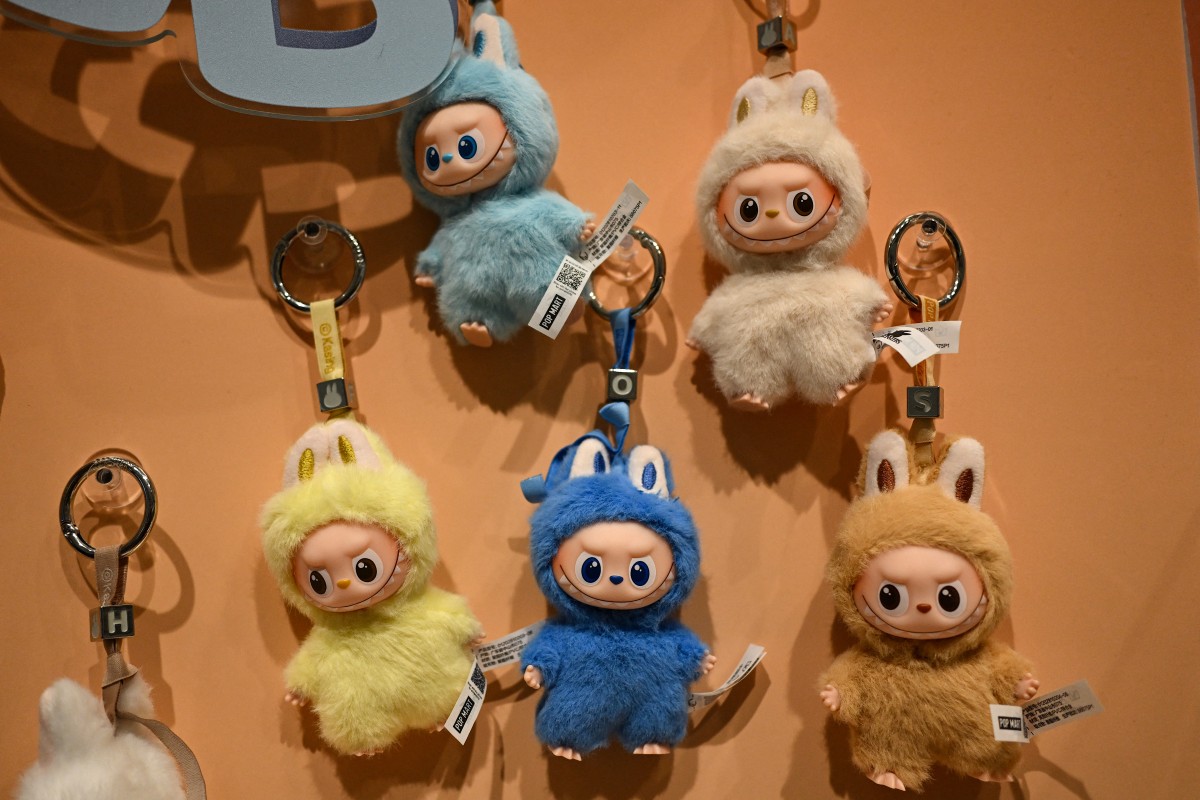In a country battered by recurring political and economic crises, the Lebanese people continue to stand out for their resilience and determination to hold on to life—even in the darkest of times. Yet this ability to adapt and search for joy often takes an unusual turn on social media, where global and local trends morph into collective waves that sweep through Lebanon, sometimes pushing people toward superficial or inexplicable behavior.
From “Labubu” to the “Mini Crocs” Craze
The most recent examples came with the eerie “Labubu doll” that stormed TikTok, only to be quickly overshadowed by the “mini Crocs” craze. In scenes that surprised many, Lebanese flocked to McDonald’s outlets to get their hands on the tiny shoes, despite earlier calls to boycott the brand. This is more than a passing obsession; it reveals a deeper social phenomenon: the power of trends to penetrate collective consciousness—even in societies mired in hardship.
The Psychological and Social Factor
Meta coach Rawiya Ayyani told Al Safa News that this behavior cannot be dismissed as simple trend-following. Instead, it represents an escape mechanism from overwhelming realities by creating fleeting moments of joy—even if linked to trivial products.
“The Lebanese today are searching for any small space that offers a sense of collective belonging or quick happiness,” she explained. “Jumping on a trend has become a psychological outlet, not just a consumer habit.”
Smart Marketing and the Exploitation of Curiosity
Ayyani added that global brands are well aware of this psychological aspect, exploiting both curiosity and the desire for social distinction through marketing strategies built on “product scarcity” and “the prestige of the moment.” The result: massive profits for companies in exchange for a short-lived sense of satisfaction for consumers—quickly replaced by the next viral wave.
TikTok and the Rise of Empty Content
This phenomenon cannot be separated from TikTok’s role in turning frivolous or absurd content into mainstream fashion, particularly among children and teenagers. Shallow or provocative videos spread rapidly, spawning risky or immature behaviors. With little effective oversight, these groups become the most vulnerable—exposed to psychological strain from constant comparisons and social pressure.
What Do These Trends Reveal About Lebanese Society?
Trends are not always harmless entertainment; they are mirrors reflecting social needs. In Lebanon’s case, they can be seen as a collective attempt to escape daily anxiety and to search for fleeting social identity—even if illusory. At the same time, they expose deeper flaws in consumption priorities, with energy invested in racing toward triviality rather than innovation or demands for real change.
In the end, are the “Labubus” and the “mini Crocs” just passing fads? Perhaps. But what is certain is that they expose a fragility in the collective mindset, where trends become a temporary outlet for a society longing for genuine joy amid a suffocating reality.
Please post your comments on:
[email protected]
 Politics
Politics













